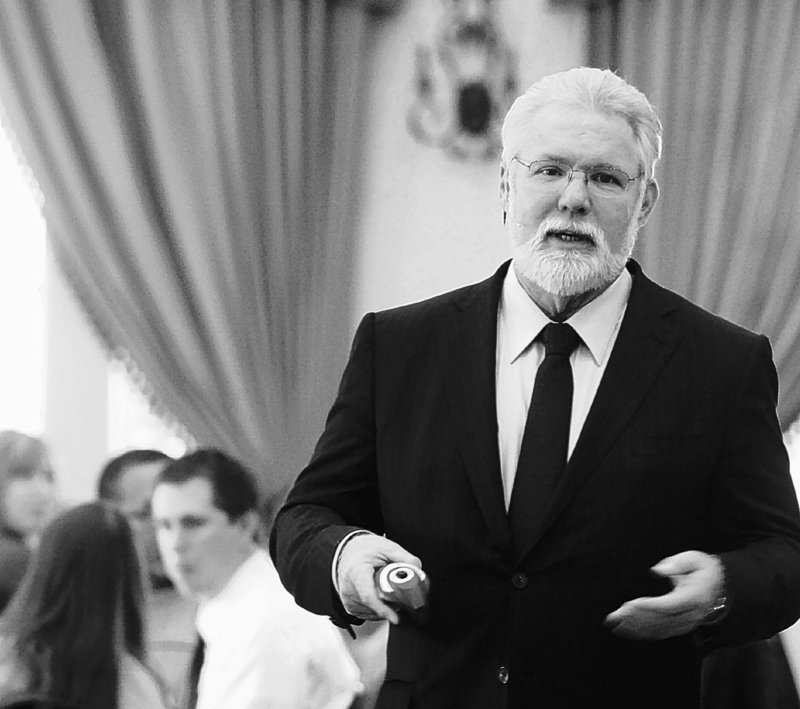LOS ANGELES — To pray to Jesus, or not?
That is the question voters in the city of Lancaster, Calif., are being asked to decide in Tuesday’s municipal election.
Ballot Measure I asks whether the city should continue its policy of randomly selecting clergy from different faiths to deliver the invocation at council meetings, “without restricting the content based on their beliefs, including references to Jesus Christ.”
The issue of praying before city meetings came to a head last August when the American Civil Liberties Union of Southern California sent a letter to city officials saying the group had received “a number of complaints” about council members and commissioners opening their meetings with invocations given in “the name of Jesus,” or containing other explicitly sectarian religious references.
The ACLU deemed the policy “divisive” and “unconstitutional” and warned Lancaster to quit the practice or risk facing legal action.
Other California cities have been threatened in the last several months with lawsuits claiming that prayer at meetings breaches the separation of church and state.
In 2002, Burbank, Calif., was ordered by courts to cease “knowingly and intentionally allowing sectarian prayer at City Council meetings,” according to the ACLU. The city petitioned the California Supreme Court and the U.S. Supreme Court to review its case but was denied.
Lancaster — which is home to Muslims, Jews, Hindus, Sikhs, Buddhists and Christians of various denominations — has responded to the ACLU’s legal threats by placing the issue on the ballot.
“If the vast majority of the community is in favor of this,” said Mayor R. Rex Parris, “I think the court should know that.”
Vice Mayor Ron Smith, who wrote the ballot measure, has said that the policy of randomly selecting someone to deliver the invocation allows citizens “the opportunity of freedom of speech, to be able to pray the way they want to pray.”
Many residents and religious leaders have voiced their support for praying at council meetings.
“All through our history, even in recent years, our leaders have offered public prayers seeking the hand of God’s blessing,” Paul Chappell, pastor of the Lancaster Baptist Church, recently wrote in his blog, “The Pastor’s Perspective.” “The current movement to erase our Christian heritage and deny the right to public prayers is not an issue concerning the separation of church and state; it is an attempt to remove God from hearts and minds.”
Others oppose the practice.
“I am strongly against the measure,” said Kamal Al-Khatib, president of the American Islamic Institute of Antelope Valley in nearby Palmdale, Calif. “When they give an invocation in the name of Jesus Christ, they are basically promoting Christianity, which is a violation of church and state.”
Tensions over religion were further ignited in Lancaster earlier this year when Councilwoman Sherry Marquez posted anti-Islam comments on her Facebook page. During his state of the city address, Parris told an audience of mostly Christian ministers that he was “growing a Christian community.” The two officials later apologized.
Copy the Story Link
Send questions/comments to the editors.



Success. Please wait for the page to reload. If the page does not reload within 5 seconds, please refresh the page.
Enter your email and password to access comments.
Hi, to comment on stories you must . This profile is in addition to your subscription and website login.
Already have a commenting profile? .
Invalid username/password.
Please check your email to confirm and complete your registration.
Only subscribers are eligible to post comments. Please subscribe or login first for digital access. Here’s why.
Use the form below to reset your password. When you've submitted your account email, we will send an email with a reset code.